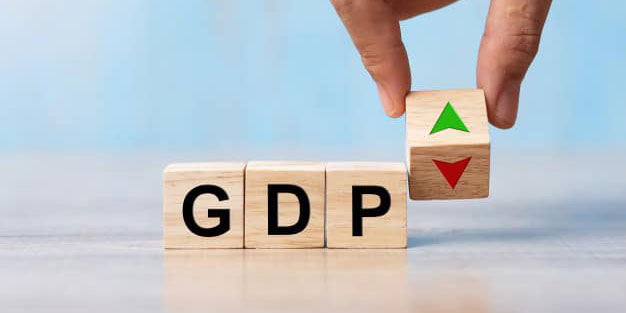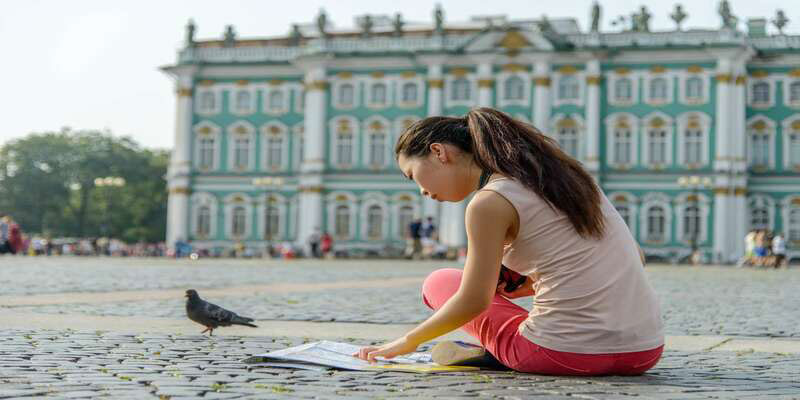Dec 15, 2023 By Susan Kelly

Community college is an excellent option for people who wish to save money and develop work skills. Student loans are still prevalent. best student loans for community colleges can get federal, private, and scholarship loans. The best student loans for community college students depend on their circumstances and financial needs. Personal loans have higher interest rates than need-based Direct Subsidized and Direct Unsubsidized Loans. Loan forgiveness and income-driven repayment are possible. Non-need-based private student loans have higher interest rates. After exhausting federal loan options, personal loans may be a good choice for students. Other options for community college students are scholarships, grants, and work-study programs. Merit-based, need-based, or both. Thus, the ideal student loan for a community college student depends on their condition. However, Federal student loans are usually better due to their lower interest rates and more flexible repayment options. Grants, scholarships, and work-study programs are also attractive options.
Federal Direct Subsidized Loans:
- These loans are available to undergraduate students with financial needs.
- The government pays the interest on the loan while the student is in school and during specific periods of deferment.
- The fixed interest rate is currently set at 2.75% for loans disbursed between July 1, 2022, and June 30, 2023.
- There is a limit on the amount that can be borrowed, determined by the student's year in school and dependency status.
Federal Direct Unsubsidized Loans:

- These loans are available to undergraduate and graduate students, regardless of financial need.
- The student is responsible for paying the interest on the loan, although it can be deferred while the student is in school and during specific periods of deferment.
- The fixed interest rate is currently set at 4.30% for loans disbursed between July 1, 2022, and June 30, 2023.
- There is a limit on the amount that can be borrowed, determined by the student's year in school and dependency status.
Federal Direct Plus Loans:
- These loans are available to graduate students and parents of dependent undergraduate students.
- The student or parent is responsible for paying the interest on the loan, although it can be deferred while the student is in school and during specific periods of deferment.
- The fixed interest rate is currently set at 5.30% for loans disbursed between July 1, 2022, and June 30, 2023.
- There is no limit on the amount that can be borrowed, although the loan cannot exceed the student's cost of attendance minus any other financial aid received.
Private Student Loans:
- These loans are available to undergraduate and graduate students and are offered by private lenders such as banks and credit unions.
- The interest rate and terms of the loan will vary depending on the lender and the student's creditworthiness.
- Some private student loans may have variable interest rates, which can change over time.
- There is no limit on the amount that can be borrowed, although the loan cannot exceed the student's cost of attendance minus any other financial aid received.
Community College Institutional Loans:

- The community college offers these loans and is typically only available to students enrolled at that school.
- The interest rate and terms of the loan will vary depending on the school and the student's financial needs.
- There is often a limit on the amount that can be borrowed, and the loan may have to be repaid while the student is still in school.
- When considering student loans, it is essential to carefully review the terms and conditions of the loan, as well as the interest rate and fees. It is also necessary to understand the repayment options and how long it will take to pay off the loan. It's highly recommended to borrow as little as possible and look for other funding sources, such as scholarships and grants that do not need to be repaid.
Conclusion
Community college students can choose from federal, private, and scholarship loans. Community college students should explore and evaluate options to find the best fit. Direct Subsidized and Direct Unsubsidized Loans are need-based and have lower interest rates than private loans. They provide income-driven repayment arrangements and loan forgiveness. Student loans with lower interest rates and more flexible repayment choices are preferable. Personal student loans are helpful for students who have exhausted their federal loan alternatives but often offer higher interest rates and fewer repayment options. Scholarships, grants, and work-study programs are other attractive possibilities. Student loans must be repaid and may accrue interest. Therefore, borrow what's needed and have a repayment plan. Community college students can reduce their student loan debt by working part-time or applying for grants and scholarships.
-

How To Use Cash-Out Refinance Calculator
Oct 28, 2023
-

Detailed Guide to Homeownership for Single Parents
Jan 26, 2024
-

Total Visa Credit Card
Nov 30, 2023
-

Gross Domestic Product
Oct 04, 2023
-

How Summer School Affects Your Financial Aid Status
Nov 26, 2023
-

A Complete Guide About Perpetual Preferred Stock
Oct 07, 2023
-

The Best Prepaid Debit Cards Of 2022
Jan 21, 2024
-

Reverse Mergers Advantages and Disadvantages
Feb 12, 2024



